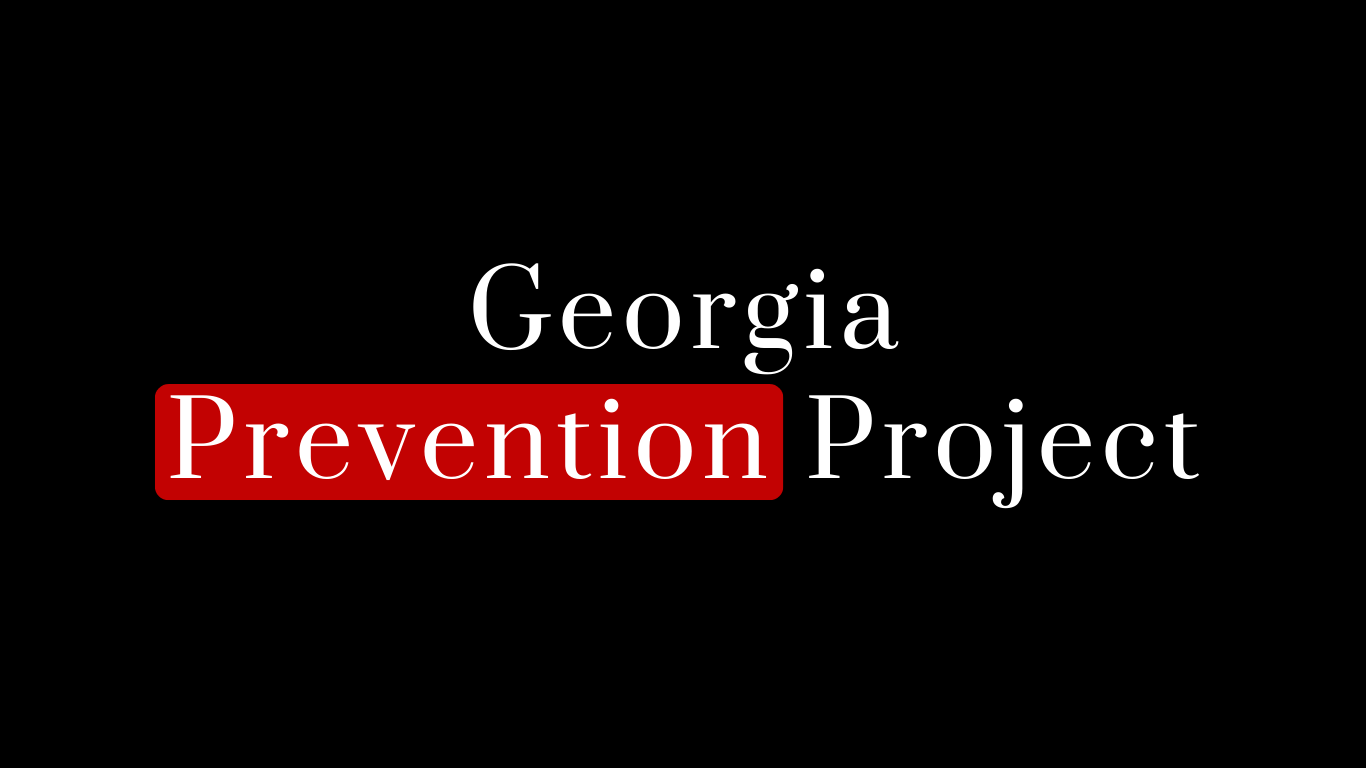National Minority Mental Health Awareness Month
Mental health matters for everyone! Mental health includes our emotional, psychological, and social well-being. It affects how we think, feel, act, handle stress, relate to others, and make choices. Mental health is just as important as physical health throughout our lives.
Mental health issues are common - more than 1 in 5 US adults live with a mental illness. Mental health issues are treatable and often preventable, however, not everyone has access to the resources they need. People in some racial and ethnic minority groups face more challenges than others getting mental health care. This can be due to many different reasons, such as cost or not having adequate health insurance coverage. It may also be challenging to find providers that represents one’s racial or ethnic group. Stigma or negative ideas about mental health care may also prevent people from seeking services. There are also environmental factors that can contribute to an individuals mental and emotional well-being. For example, experiencing or witnessing racial discrimination or racial violence can result in racial trauma.
Everyone deserves to be treated equally especially when it comes to mental health. Ultimately, everyone benefits when people from racial and ethnic minority groups can thrive. We all have a roll to play in promoting health equity.
Individuals can:
Learn about healthy ways to cope with stress and respond to loss and engage in these practices when possible.
Share information on mental health, healthy coping skills, and resources with family, friends, neighbors, and others in your community.
Talk about mental health and use non-stigmatizing language.
Learn about implicit bias. Implicit biases are unintentional attitudes, behaviors, and actions that are in favor of or against one person or group.
Learn about microaggressions. Microaggressions are everyday verbal, nonverbal, and environmental slights, snubs, or insults. They communicate negative messages to people because of their membership in a marginalized group. Microaggressions can be intentional or unintentional.
Make ongoing efforts to avoid implicit bias, microaggressions, and other forms of discrimination.
Learn about mental health overall.
National Minority Mental Health Awareness Month serves as a crucial reminder of the unique mental health challenges faced by minority communities. By raising awareness, promoting education, and advocating for culturally competent care, we can work towards a more inclusive and supportive mental health system. Let us all commit to breaking down barriers, reducing stigma, and ensuring that everyone, regardless of their background has access to the mental health resources that they need. Together, we can create a society where mental health equity is not just a aspiration, but a reality.
For more information please visit:
https://www.cdc.gov/healthequity/features/minority-mental-health/index.html
